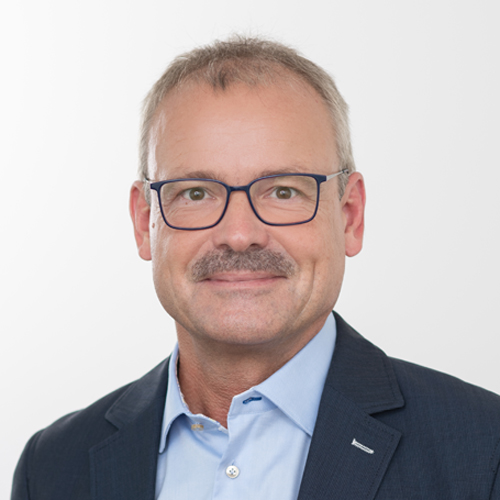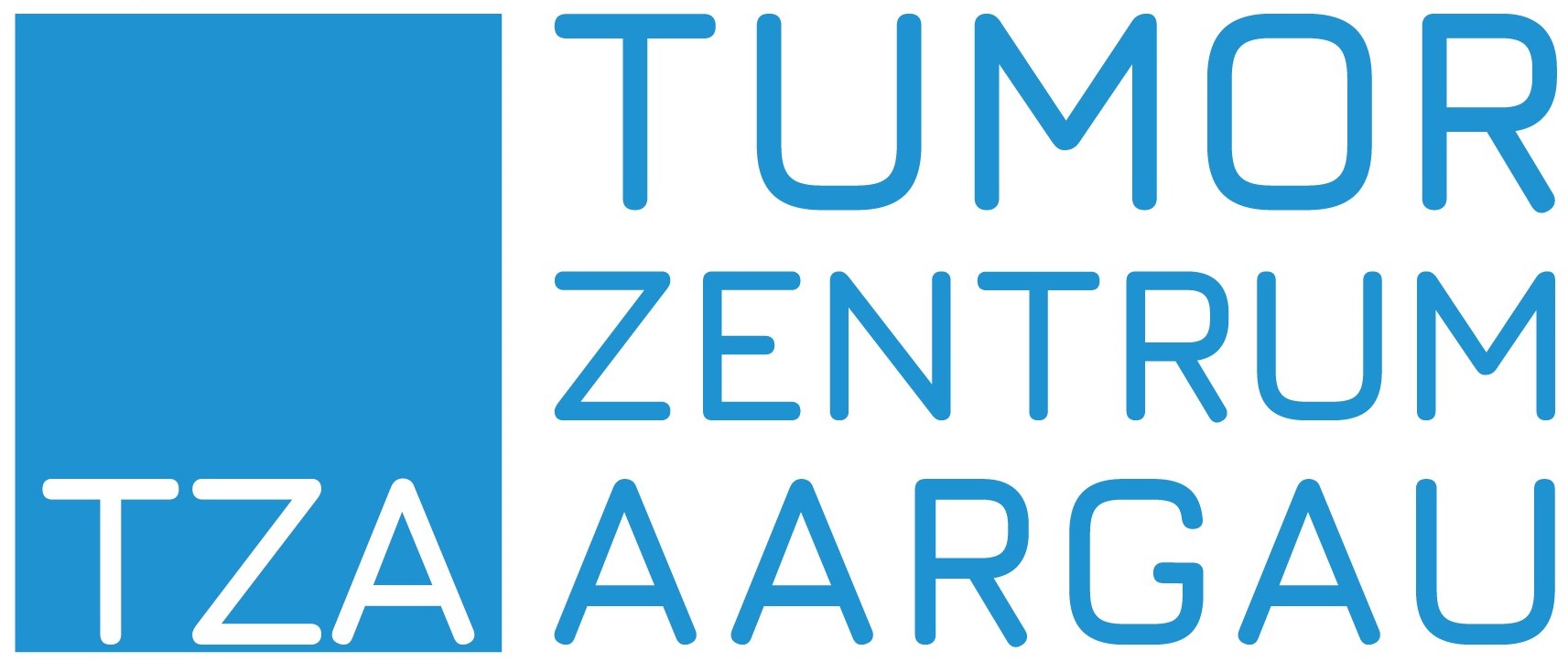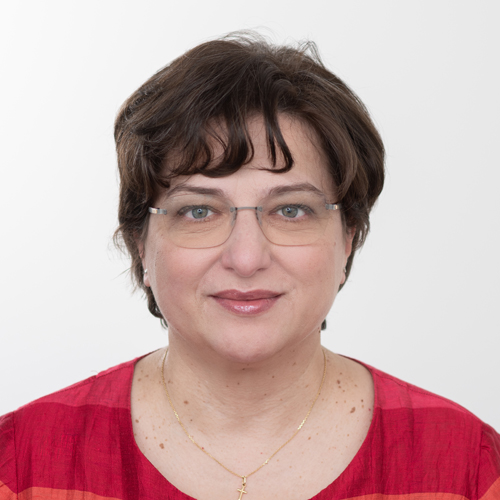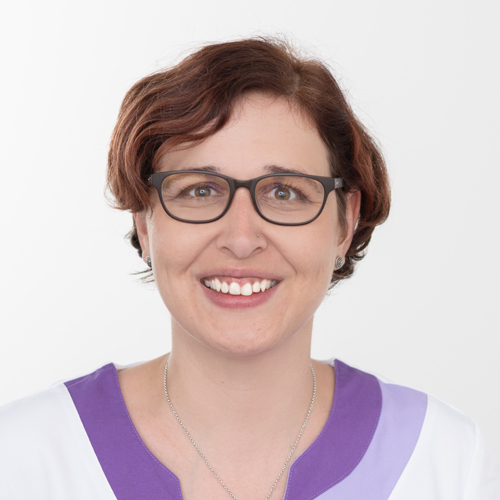Strictly speaking, palliative care is not a new discipline, but has a long tradition from time immemorial. However, it had been forgotten in the euphoria of the mechanistic medicine of the 20th century. Only the realization that despite the best technology not all diseases can be cured and that death may be postponed, but can never be avoided, has led to a rethink. Suffering, death and dying are part of life and cannot be excluded. Thus, these aspects are part of patient care and an important task of society and the medical profession.
A generally accepted definition was given by the World Health Organization (WHO). Palliative care includes the care and treatment of people with incurable, life-threatening and/or chronically progressive diseases. Its focus is on the time period when the cure of the disease is no longer considered possible or no longer represents a primary goal. The aim is to ensure patients an optimal quality of life adapted to their situation until death and to provide appropriate support to their loved ones. Palliative care reduces suffering and complications. It includes medical treatments, nursing interventions as well as psychological, social and spiritual support.
In order to meet this demand, a wide range of different professional groups is required. For this purpose, appropriate structures and regulations must be in place that can be used sensibly for the benefit of the patient.
Palliative care for inpatients
The Hirslanden Klinik Aarau offers a wide range of medical services with excellent networking During the last few years, internal medicine has been consistently developed and broadly positioned through its sub-areas. On the one hand, this treats patients in the clinic who potentially need palliative care at any time, on the other hand, structures and competencies for the care of palliative patients have grown. Traditionally, many patients with advanced cancers come to a palliative care unit and therefore represent the largest group.
In accordance with the modern, expanded understanding of “palliative care”, palliative care facilities are also open to patients from disciplines such as cardiology, chest medicine, neurology, but also from surgical disciplines. Palliative wards can be future-oriented crystallization sites that develop methods and behaviors that can benefit all patients.
For example, we do not see palliative care at the Hirslanden Klinik Aarau as an exclusively inpatient service. Rather, it is part of a palliative network in which close cooperation between all parties involved – patients, nurses, doctors, social institutions, physiotherapists, psychologists, pastors, nutritional therapists, relatives and volunteers – ensures optimal care in an outpatient-inpatient network.

Contents of palliative care
Focus/Specialties:
- Outpatient and inpatient symptom treatment (pain and symptoms such as shortness of breath, nausea, vomiting, fatigue, loss of appetite, etc.) in patients with advanced oncological and non-oncological diseases.
- Support and advice in decision-making processes, support of network development, development of coping strategies, with special emphasis on the spiritual and social needs of patients and their relatives.
- Early integration of palliative care in patients with advanced cancers.
- Inclusion of psychological, social and pastoral needs of patients, relatives and the treatment team during treatment; when dying and in the mourning work afterwards.
More information about the offer in our flyer:
Flyer Supportive and Palliative Consultation Hours
Our specialized palliative care team at the Tumor Zentrum Aargau:
Dr. med. Gabriela Popescu
FMH Internal Medicine, M.Sc. Palliative Care
As an FMH specialist in internal medicine with many years of experience in palliative medicine, Dr. Popescu offers an outpatient palliative consultation for oncological and non-oncological patients and contributes to multidisciplinary inpatient care with her broad clinical experience. Furthermore, Dr. Popescu offers home visits for oncological and non-oncological patients as part of the palliative Aargau program and in cooperation with the specialized palliative Spitex.

Dr. med Andreas Jakob
General Internal Medicine, Hematology, Medical Oncology, Palliative Medicine (D)
As an oncologist and hematologist with additional training in palliative medicine, Dr. Jakob offers an outpatient palliative consultation for oncological and hematological patients. He also contributes his experience in the care of palliative, oncological and haematological patients to the multidisciplinary care on the ward of the Hirslanden Klinik Aarau.
Franziska Weber
Registered Nurse Palliative Care
Registration for palliative consultation/ palliative care:
- Patients of the Tumor Zentrum Aargau: Contact your treating oncologist or our secretariat so that we can reserve an appointment with one of our palliative care specialists.
- External patients: If you are not undergoing medical treatment at the Tumor Zentrum Aargau, you can still register at any time, even as a non-oncological patient. Either contact our secretariat (email or phone: +41 62 836 78 30) or ask your attending physician to refer you to us.


